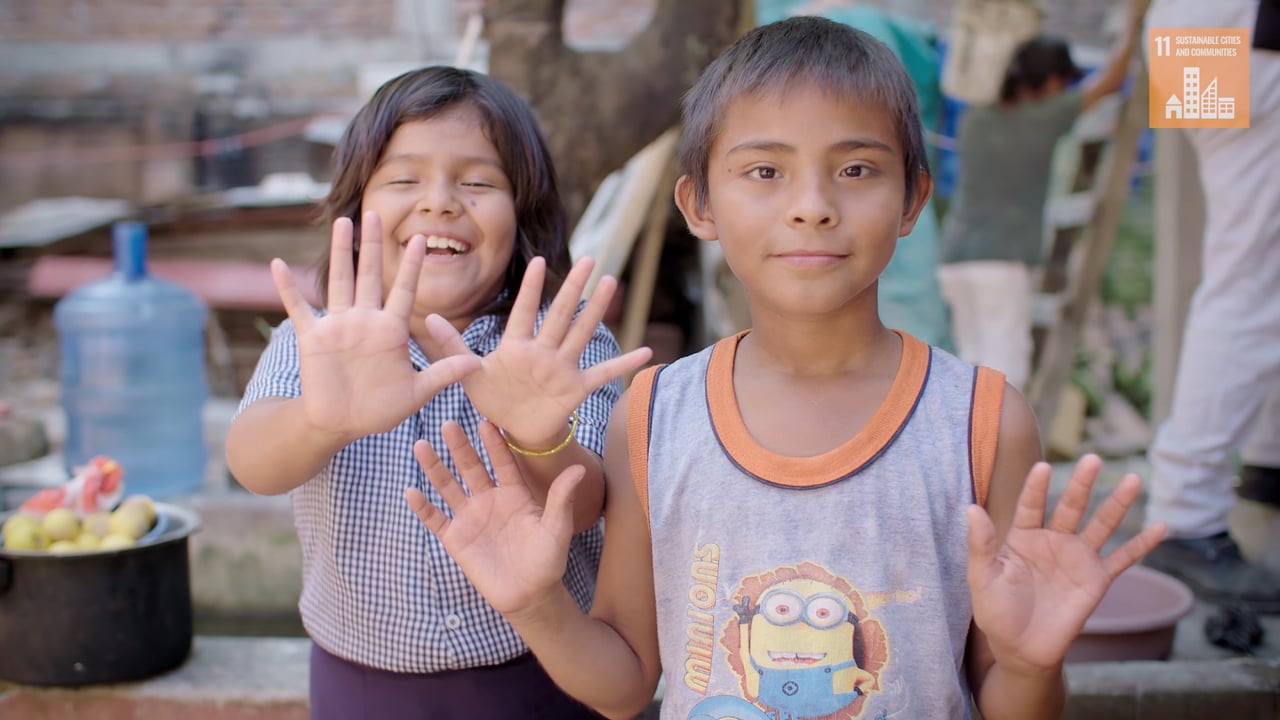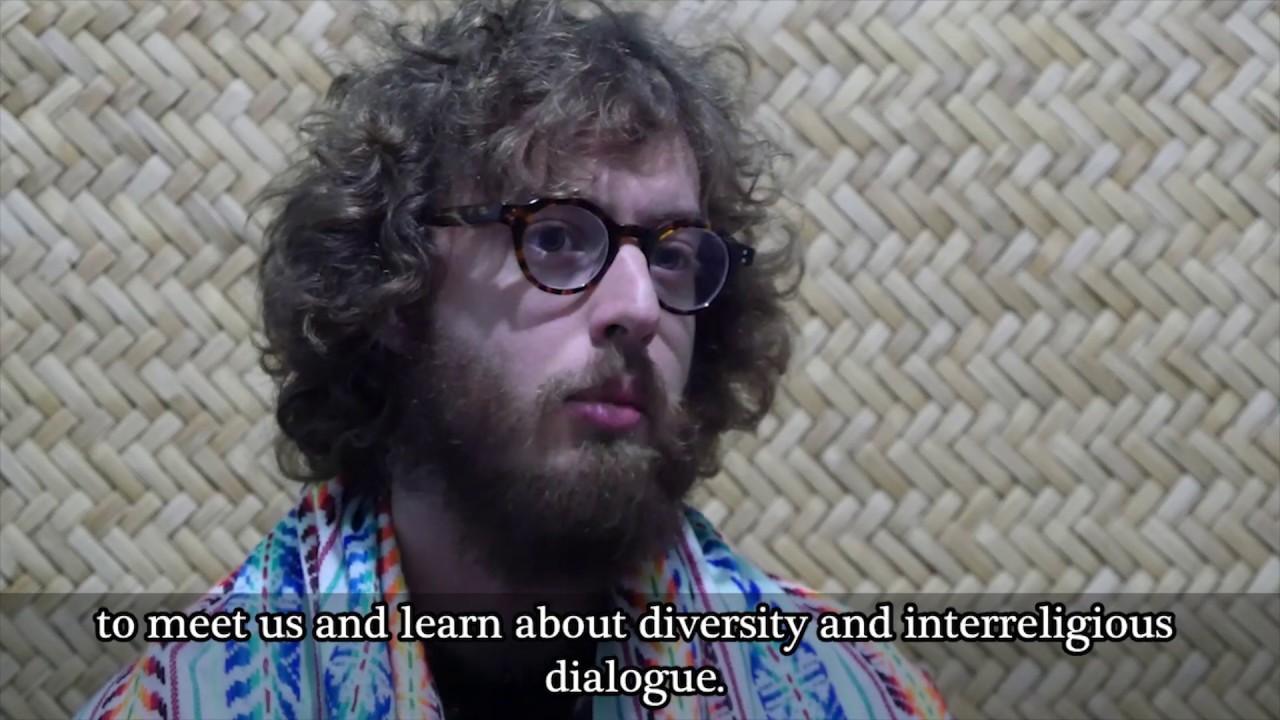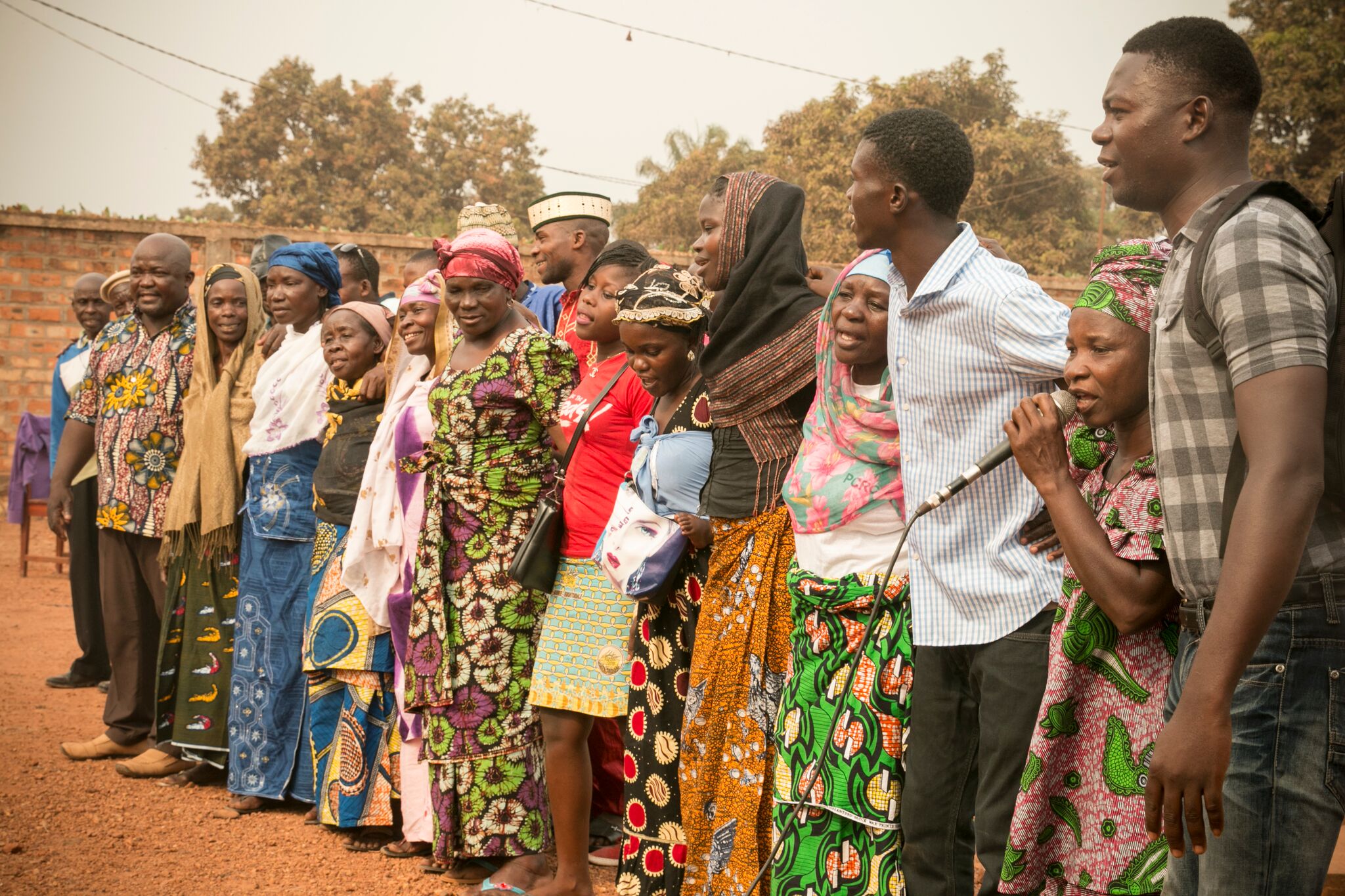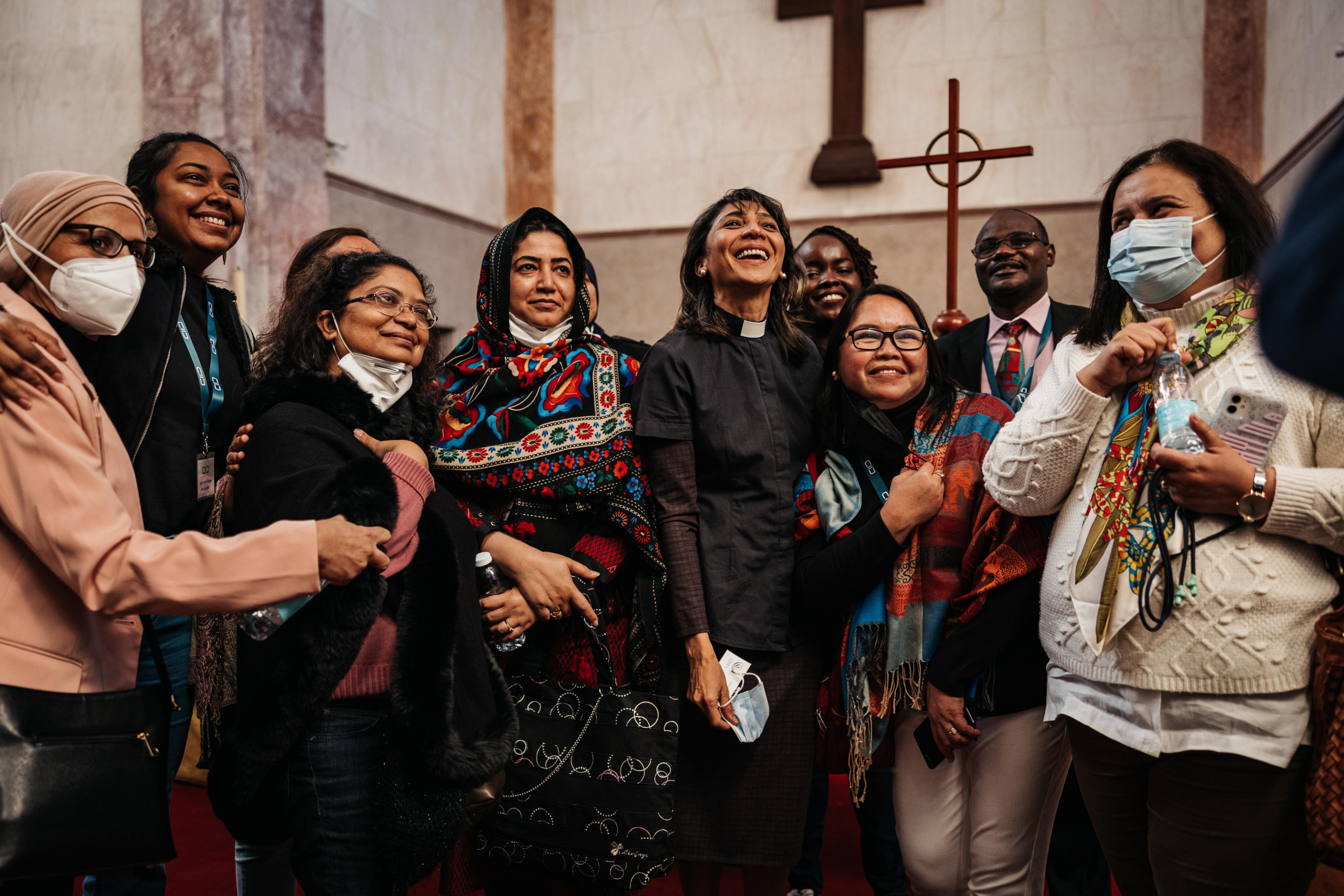Dialogue Voices
The Dialogue Voices are personal accounts of interreligious commitment and experience. They show approaches to, and forms of, interreligious dialogue, and its impact and context on a local, national, or global level. They represent a cross-section of dialogue experiences and its impact worldwide.
Mexico: Safe and Affordable Housing
Cities unlock human potential. They expose us to diverse ideas and beliefs that expand our perception of what’s possible. They catalyse collaborations that advance cultural and economic innovation. They represent opportunity, the dream of a better life, but cities also create new problems all their own.
In 2008 the number of people living in urban areas eclipsed the number in rural environments for the first time in history. By 2050 an estimated two-thirds of the global population — billions more people — will live in cities. This rapid urbanisation is overcrowding slums and informal settlements, which are already home to more than a billion people worldwide, and straining city services and infrastructure. Most slum dwellers work in the informal sector and lack adequate housing, running water, sanitation, waste management systems, public transport, and healthcare facilities. These poor conditions have made them particularly vulnerable to COVID-19’s devastating effects.
Overcrowding and congestion also create air pollution, which causes more than four million premature deaths each year, and urban sprawl, which threatens local environments. Open public spaces such as parks and beaches are vital for our physical and mental health but represent only a small fraction of most cities’ allocated land. The open spaces that do exist are often difficult to reach by foot and even by public transport, which only half of urban dwellers can conveniently access.
Urbanisation clearly has shortcomings, but there’s reason for hope. If we design and implement coordinated development policies before it’s too late, we can still create sustainable change that benefits urban majorities and all living creatures alike.
Goal 11 aims to make cities and human settlements inclusive, safe, resilient, and sustainable. To succeed, UN bodies and partners are working with local communities to ensure universal access to adequate and affordable housing, transport, and other basic services. This means upgrading slums using resource-efficient and locally sourced materials, expanding public transport, and improving waste management and air quality. Goal 11 also aims to safeguard cultural and natural heritage, increase access to green and public spaces, and reduce the negative effects of disasters. Delivering these targets requires democratic input to ensure that local solutions meet communities’ needs.
Religious institutions and faith-based organizations understand that adequate shelter is a basic human need and a prerequisite for enjoying other rights. As such, they have long provided safe housing solutions for vulnerable communities and led disaster relief efforts around the world.

Message of Togetherness in Mexico
Elias Gonzalez is a member of Carpe Diem, a non-profit foundation established in Guadalajara, Mexico. In order to spread the message of togetherness, which is the main mission of the foundation, the members of Carpe Diem organize different activities such as interfaith reunions, philosophy and yoga classes. In 2012, 2015, and 2017 they also held so-called “Universal Multicultural Dialogue in Latino America”, the largest event of interreligious dialogue in the region. Themes like poverty, marginalization, human rights, feminine spirituality, as well as different forms of prayer, economic problems, and ecology were addressed and discussed. Each topic was analyzed from an interreligious perspective.



